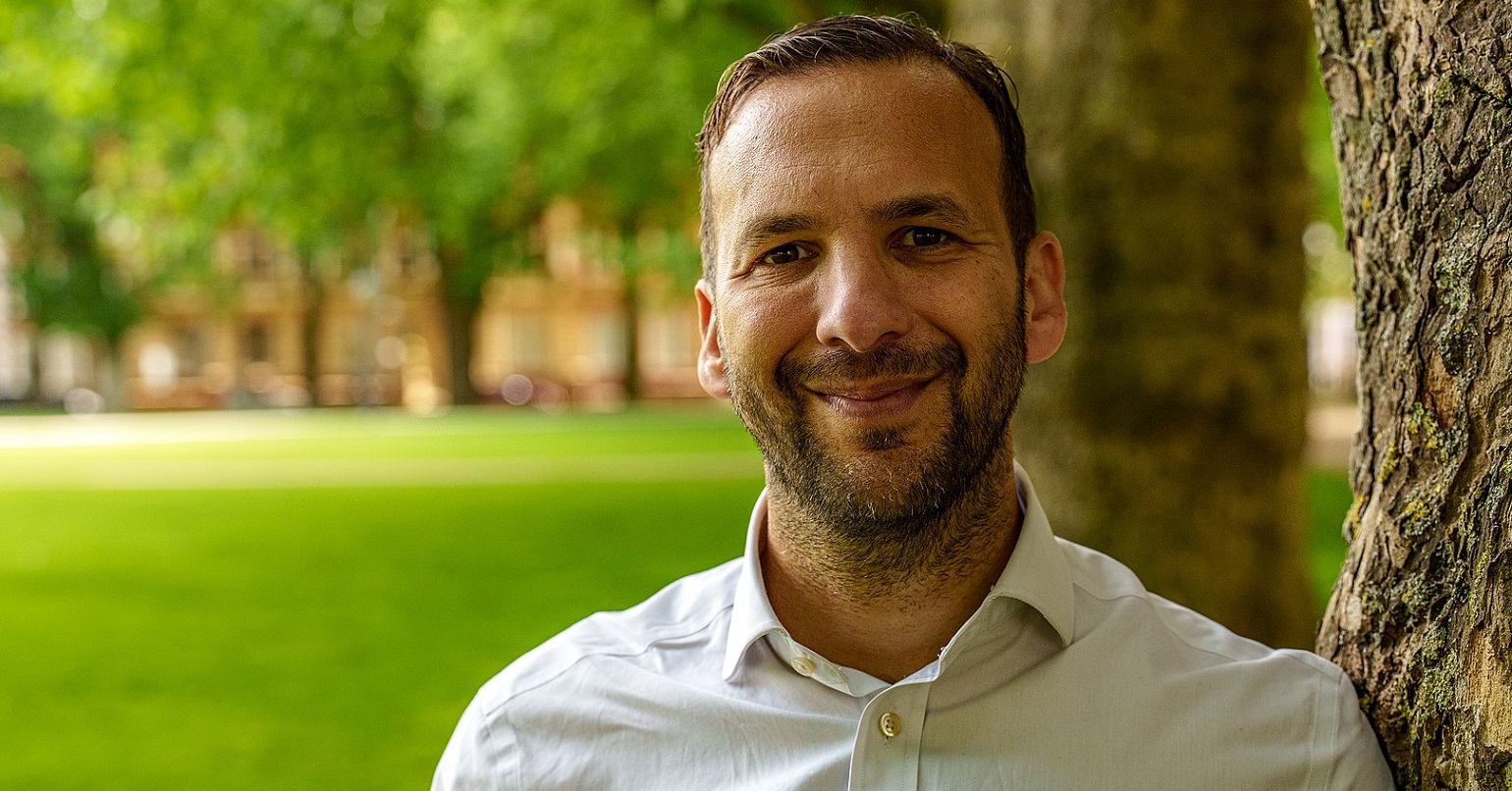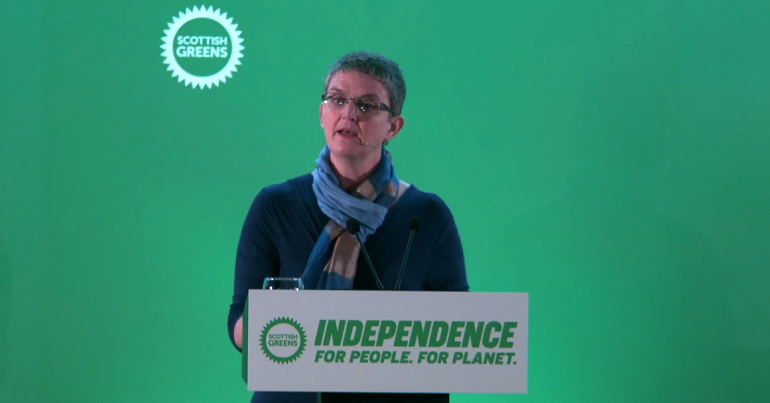Zack Polanski would use his platform as Green Party deputy leader to support trans liberation

I wasn’t alive in the 1980s. I don’t remember the beginning of the AIDS pandemic, or the millions of global deaths due to a public health approach tarnished by homophobia. I don’t remember the introduction, or eventual abolition, of Section 28, though I knew its repercussions, as does anyone who has experienced the UK education system this century.
I may not remember these things, but that doesn’t make them any less relevant to me, as a 20-year-old queer person in Britain, experiencing a society which may have progressed massively in the past three, four, five decades, but which is still characterised by queerphobia, becoming ever more toxic by the moment. And whilst I may not remember the blatant and shameless state-sponsored homophobia of the 1980s, I can recognise its resurgence today, this time with its sights set on trans and non-binary people.
From all sides, trans people are under attack: from the government, of course, and from the media; from rising numbers of hate crimes, and from the transphobia thriving in the institutions ascribed to prevent them; from the left, supposedly the bastion of liberation and social justice, which has been polluted by those more interested in populism than policy. It’s agonising to watch Labour Party politician after Labour Party politician squirm as they’re asked the same dog-whistle question, and disappointing (if no longer surprising) to see them almost always opt to appease the Daily Mail, in hopes that a bit of ‘harmless transphobia’ will win them a few more votes, rather than to support the most marginalised in our society. Maybe the six year delay in repealing Section 28 at the turn of the century should have been a warning.
The Green Party isn’t exempt from this, though. In recent years, transphobia within the party has been impossible to deny, its proponents sabotaging entire Conferences, damaging the reputation of the party, and forcing some of our best activists into inactivity or, in some cases, from the party entirely, as they no longer feel it to be a safe space for them. For a party committed to social justice — not merely as a means to achieve climate justice, but as an intrinsically-linked and equally crucial objective — we are failing to prove that our democratic policies, but more vitally our fundamental values, are anything more than words on a piece of paper.
This isn’t Green politics: our movement is rooted in protest and liberation, our policies in equality and justice. Looking to other Green parties, it shouldn’t need to be said, but when our closest sister party is debating whether to cut ties with the Green Party of England and Wales due to transphobia, there is evidently a problem — and a problem which our leadership is failing to deal with.
This is the context in which the Green Party’s Deputy Leadership election is taking place. Even here, despite last week’s record-breaking temperatures hammering home the arrival, rather than far-off threat, of the climate emergency, and the on-going Tory leadership contest, LGBTIQA+ rights are at the top of the agenda.
As a non-binary person, I’ve found many hustings incredibly difficult to watch. Shahrar Ali’s comments on conversion therapy are contrary to everything which drew me to the party. I find his apparent comparison of LGBTIQA+ identities to mental health conditions reminiscent of something out of Thatcher’s playbook. And his determination to disaffiliate the party from Stonewall has no relevance to party policy, but instead targets the hardworking Green Party staff, who deserve, at the very least, a workplace free from LGBTIQA+ discrimination that the Diversity Champions scheme seeks to guarantee.
It goes without saying that his are not views I agree with in any way; these are also not views which I believe ought to have any place in our party. Losing valued and talented LGBTIQA+ activists and organisers is heartbreaking, but it should never have reached this point: making the party a safe and inclusive space shouldn’t only become a priority when failing to do so is resulting in self-inflicted damage upon our electoral and campaigning prospects.
It has been refreshing, during these elections, to see Zack Polanski taking an active approach in fighting for trans liberation. In hustings, he has passionately and directly advocated for trans rights, without fear of calling out inappropriate and harmful opposition, and has thus gained my confidence that he will continue to do so if elected Deputy Leader. The first time I met Zack was at Trans Pride in June 2021; the next, at an action day for now-elected Young Green Ria Patel, a non-binary councillor in Croydon. Solidarity and support which goes beyond words, beyond tweets, and beyond well-intentioned but ultimately hollow promises, and which materialises in meaningful actions, is precisely what I, as a non-binary organiser and co-chair of the Young Greens, am so desperate for as I prepare to vote in this election.
I may not have lived through the 1980s. The fight for LGBTIQA+ equality has moved on, but with rising numbers of hate crimes, a relentless torrent of hate and non-acceptance from the Conservative government, and a campaign of queerphobia from the monopolistic right-wing press, I can recognise the same motifs, the same demonising language that whips up prejudice, fear and hate towards a marginalised minority.
This phenomenon is far from unique to the Green Party of England and Wales, but there is no doubt that we ought to be at the forefront of the opposition to it, fighting for a future where trans and non-binary people like myself are free to be who we are, and to express that without fear. Zack has proved since his election to the London Assembly in May last year that he is a skilled media spokesperson; now, he has demonstrated — not for the first time — that he will use his platform to fight for trans liberation, in a political landscape so devoid of vocal allies. And, he’s proved his understanding that this work starts at home.
Kelsey Trevett is co-chair of the Young Greens.
PS. We hope you enjoyed this article. Bright Green has got big plans for the future to publish many more articles like this. You can help make that happen. Please donate to Bright Green now.
Image credit: Rob Browne – Creative Commons



Leave a Reply